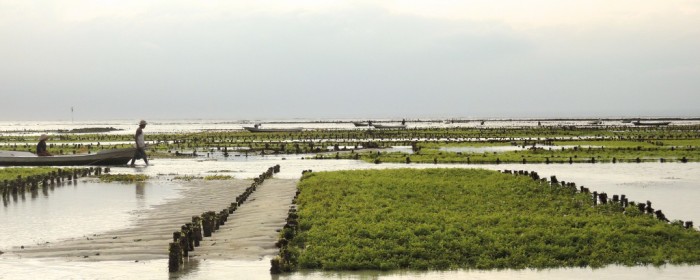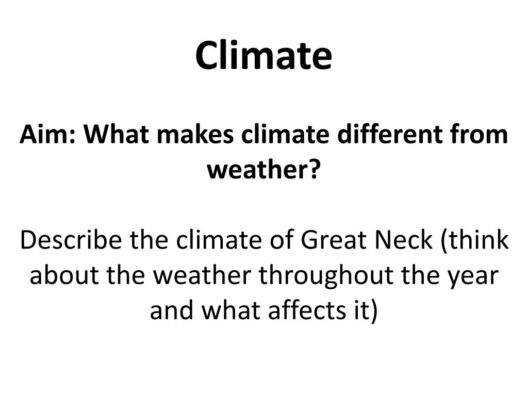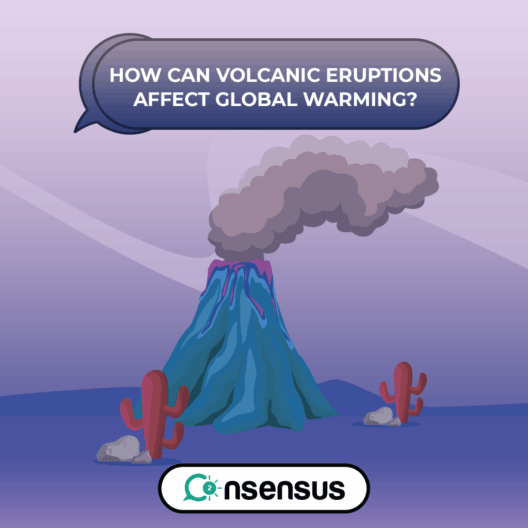Global warming, a pressing issue of our time, manifests uniquely across the globe, with regions like Bali, Indonesia, acting as a poignant case study. This volcanic island is renowned for its lush landscapes, rich biodiversity, and vibrant culture. Unfortunately, the impacts of climate change are becoming increasingly apparent, threatening both the environment and the livelihoods of the local population.
Bali’s climatic conditions are gradually shifting, with average temperatures rising, altering precipitation patterns and increasing the severity of extreme weather events. A notable observation is the potential elevation of the average temperature by as much as 2 to 3 degrees Celsius by the end of the century. This change could precipitate more frequent and intense heat waves, a phenomenon that not only affects human health but also disrupts local ecosystems. As temperatures rise, the delicate balance of flora and fauna could be irrevocably altered.
Moreover, Bali is situated within a region that experiences monsoonal weather patterns. An increase in the intensity and variability of rainfall is becoming apparent. While some areas may face deluges, others are grappling with prolonged droughts, creating a paradoxical situation. Such erratic weather is detrimental to agriculture, particularly rice cultivation— a staple food source for Balinese and a cornerstone of their economy. Farmers are finding it increasingly arduous to adapt to these changes, leading to concerns over food security.
Another critical concern is the rising sea levels, intricately linked to global warming. For Bali, the consequences are profoundly concerning. Coastal erosion is accelerating as the ocean slowly encroaches upon the land, displacing communities and threatening infrastructure. Key tourist destinations such as Seminyak and Kuta, famed for their picturesque beaches, face significant threats. This encroachment not only compromises the natural beauty that attracts millions of tourists annually but also jeopardizes the livelihoods that depend on tourism. Hotels and local businesses are beginning to feel the economic strain, prompting a reevaluation of sustainable practices.
The coral reefs surrounding Bali, a vital component of the island’s marine ecosystem, are experiencing severe bleaching events exacerbated by rising sea temperatures. Coral reefs serve as crucial habitats for countless marine species and protect coastlines from erosion. As the temperature of ocean waters rises, corals expel the algae that provide them with color and sustenance, leading to widespread mortality. The loss of these reefs not only endangers marine biodiversity but also affects communities that rely on fishing as a source of income and food. This phenomenon reveals a deeper, interconnected relationship between climate change and local economies, where the degradation of one ecosystem can lead to cascading effects within the community.
In addition to environmental ramifications, social and cultural implications are also emerging. Balinese culture is intricately linked to its environment. The spiritual practices, agricultural rituals, and day-to-day life of the Balinese are deeply enmeshed with the land and sea. As climate change disrupts natural cycles, it poses a threat to the cultural identities rooted in these landscapes. The loss of traditional ecological knowledge could further alienate younger generations from their heritage. This scenario raises questions about the resilience of cultural identity in the face of environmental degradation.
Moreover, the plight of Bali reflects broader vulnerabilities faced by many island nations in the Indo-Pacific region. Often, these regions lack the infrastructural and financial means to acclimate to rapid changes brought about by global warming. External support and innovative solutions are essential, yet these often come with strings attached, leading to tensions between local governance and international agendas. It’s imperative that local voices and knowledge systems are prioritized in adaptation strategies to ensure that solutions are both effective and culturally appropriate.
Indeed, the fascination with Bali extends beyond its picturesque landscapes. It serves as a microcosm of the global realities of climate change. The interplay between environmental degradation and economic hardship, coupled with cultural disintegration, is a common narrative resonating across other vulnerable regions worldwide. Observing the impacts in Bali encourages a deeper reflection on the urgent need for global cooperation in mitigating climate change. Collaboration across nations, and fostering local innovation, is paramount to alleviating the burden falling disproportionately on the most vulnerable communities.
As the world leans into more sustainable practices, Bali has the potential to be a beacon of resilience and change. Initiatives aimed at fostering sustainable tourism, conservation of coral reefs, and the promotion of ecological farming practices are increasingly being recognized. With the engagement of local communities, there is hope for an integrative approach that honors both economic advancement and environmental stewardship. By enhancing awareness, deploying technology for monitoring climate impacts, and prioritizing sustainable practices, Bali can work towards mitigating the effects of climate change.
In conclusion, the synthesis of global warming’s impact highlights an urgent collective responsibility. The intricate web of environmental, economic, and cultural threads weaves together a narrative fraught with challenges yet imbued with opportunities for transformation. Through empathy, understanding, and proactive measures, there is potential to forge pathways that secure not only the future of Bali but also those of vulnerable regions worldwide faced with similar adversities.








